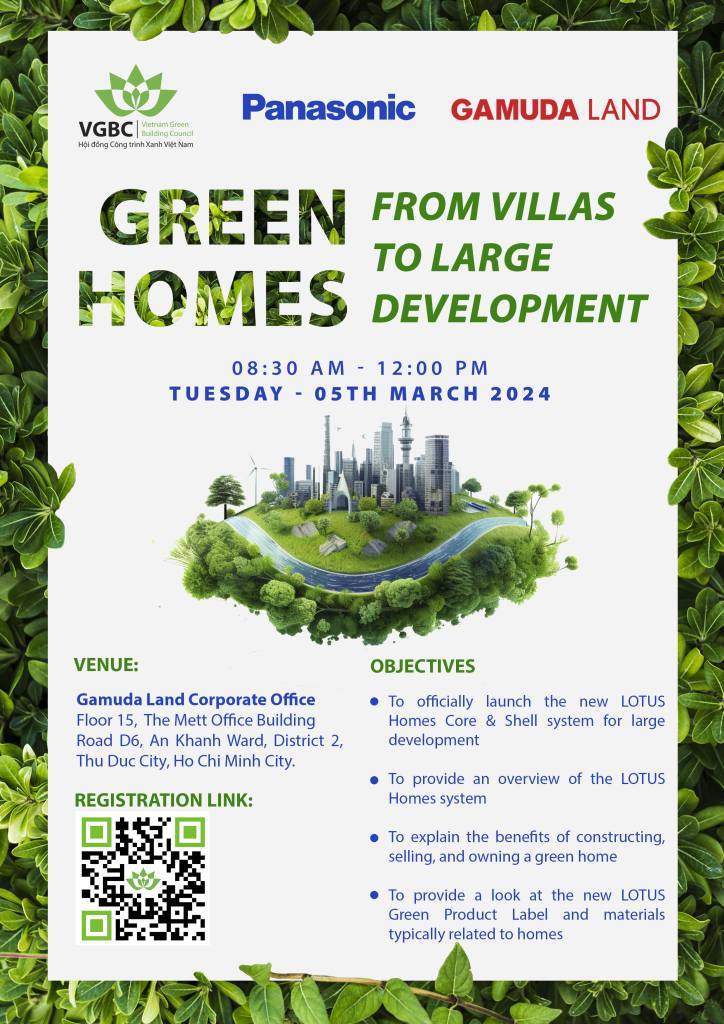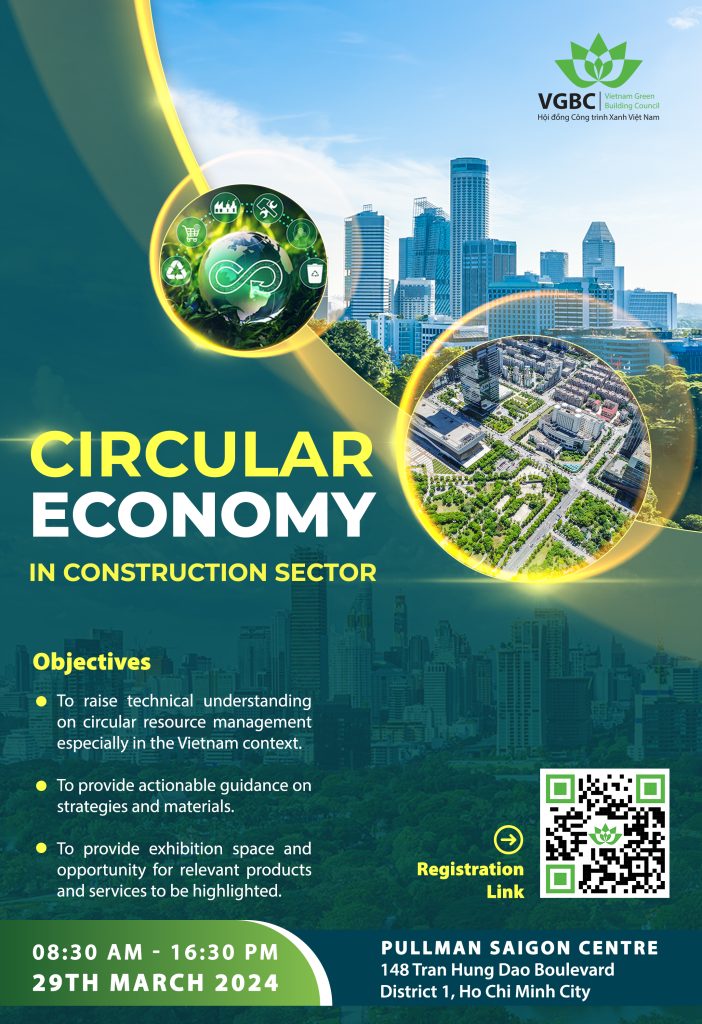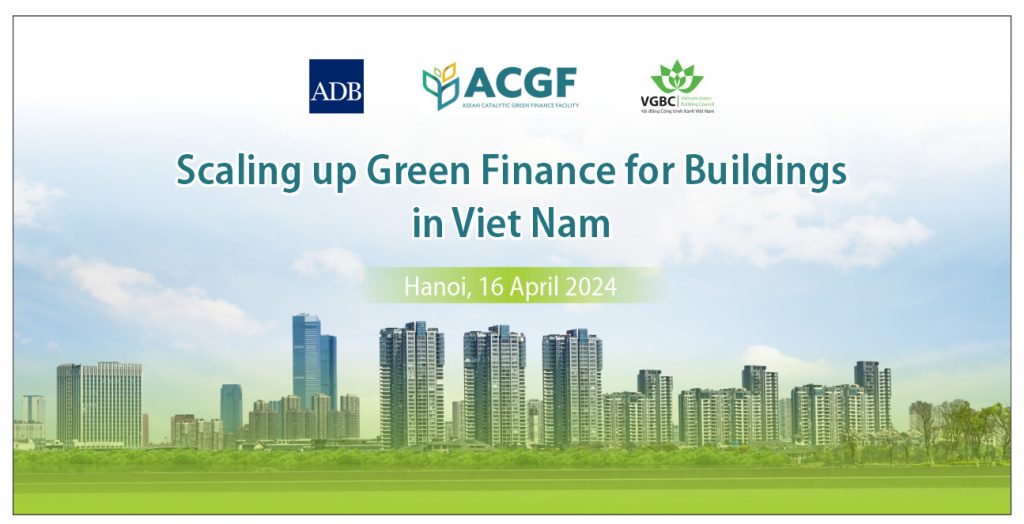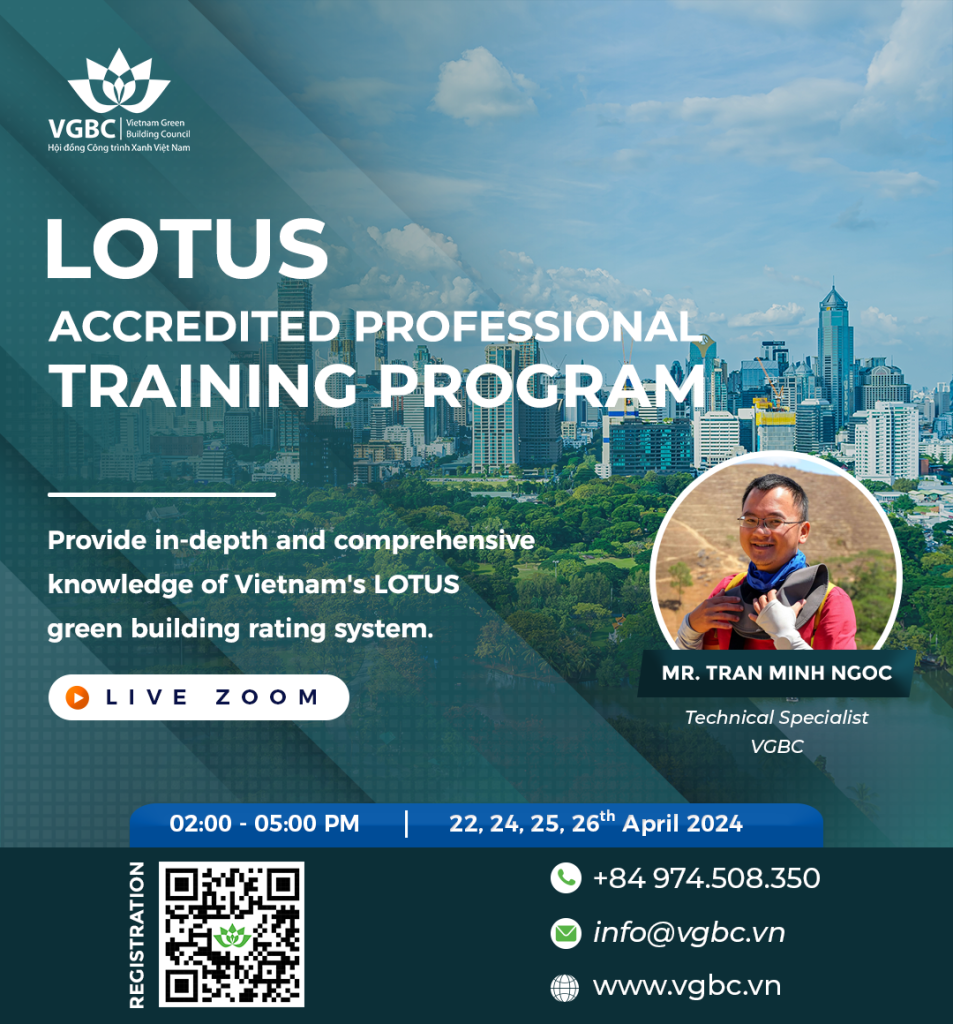Yudelson is no stranger to the world of green building. He has trained nearly 4,000 building-industry professionals in the LEED system and has authored 13 books dealing with green building and sustainability, including 2016’s Reinventing Green Building. In fact, that book dedicates an entire chapter to megatrends affecting green building, information Yudelson will draw upon for his keynote.
Yudelson defines a megatrend as “something that is not likely to change in the near future,” such as demographics (e.g. baby boomers and their associated impacts) and fracking.
“What are the megatrends that will have a big impact on the building industry and green building in particular? That’s what I’ll be exploring in the keynote,” says Yudelson, promising he’ll cover 10 megatrends plus five “bonus” trends.
Among those megatrends is “The move for energy efficiency in buildings to respond to global climate change.” Another? “Smart building.”
“We’re now in big-data Internet with cloud computing. My argument with people in green building is you’ve got a lot of catching up to do, and you’ve got to do it really fast. It’s that old saying, ‘Either do lunch or be lunch,’ ” Yudelson says.
He points to Uber and Airbnb as examples of companies that have harnessed rapidly evolving technology and, in doing so, have disrupted industries — taxi companies and hotels respectively — that have been around for decades, even centuries.
“The green-building industry is much slower off the mark to take advantage of computer technology. Why is green building working with a 20-year-old model?” Yudelson asks.
He asserts the green-building industry needs to catch up by employing technology (e.g. algorithms, computing analytics) to evaluate a building’s green certification before that building has been constructed, when it’s still in the planning stages.
“All of the information in your building plans should be enough to give your building a green evaluation instantaneously. Today, by the time you get the label, the building has already been up for nine months. The award doesn’t end up helping design a better structure,” Yudelson explains.
“You need programs that make all the same decisions as people, like self-driving cars,” he says, adding today’s system of consultants and review teams is expensive, time consuming and a “drag on the whole system.”
“Today, everything is being done cheaper, faster, easier. We’re still doing green building in a manner called Internet 1.0,” Yudelson adds, saying that is no longer acceptable if proponents of green building want to achieve their aims. In fact, Yudelson points out, by 2015 LEED had certified less than one-per cent of commercial buildings and homes in Canada and the United States during its first 15 years.
“If you think green building represents better building, you’re not reaching critical mass with the current approach,” he says.
While Yudelson admits the green-building industry’s comparatively slow adaptation of the latest in technology may seem challenging, he says megatrends actually mean opportunity.
“These are great opportunities. They’re things you can build businesses around,” he says.
“I aim to start a conversation at Buildex Vancouver, not end one. This is an existential challenge for green-building companies. If they want to stay relevant, they must radically change their approaches,” Yudelson sums up.
http://journalofcommerce.com

 Tiếng Việt
Tiếng Việt
